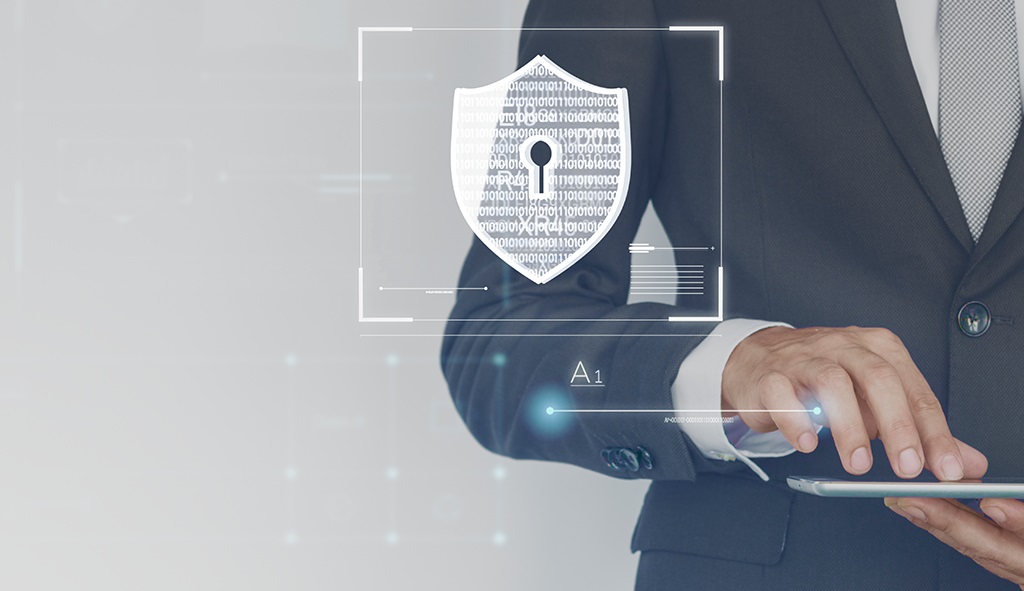In the complex landscape of healthcare, safeguarding sensitive patient information is paramount. Amidst the intricate process of translating documents containing Electronic Protected Health Information (ePHI), the pivotal role of a HIPAA Privacy Officer becomes evident. In this article, we’ll delve into the significance of this key figure in ensuring HIPAA compliance and preserving the integrity of patient data during translation processes.
What a HIPAA Privacy Officer Does
Matías Giannoni, Ph.D., works as a HIPAA Privacy Officer at Terra to ensure that everyone involved in handling ePHI knows the rules, regulations and policies really well and, more importantly, if in doubt, that they feel confident reaching out to him before taking any step or action that might be in violation of the rules or, worse, compromising information. “So, it is not just a matter of ticking a few boxes but being tangentially involved in operations to make sure all processes are compliant and secure,” Giannoni explained.

The key responsibilities of working as a HIPAA Privacy Officer include:
- Making sure all the processes internally are compliant and everyone knows exactly what they have to do in order to minimize risks to almost zero
- Overseeing the annual training of team members handling ePHI to keep up to date with the latest developments
- Assessing new technologies to optimize our operations while remaining in compliance
- Acting as a liaison to the IT Department and prioritizing cybersecurity by taking all the steps to be at the cutting edge of information security technologies
- Being the first point of contact in case of any breach and the one in charge of communicating any situation with external stakeholders
Working with Total HIPAA
While Giannoni has strong experience working in heavily regulated environments with obscure and sometimes confusing regulations, Terra also relies on an external organization for additional consulting and guidance. When it comes to collaborating with Total HIPAA, Giannoni shared that they have been key partners in organizing our processes, conducting a thorough internal audit, and training our team. There are many things in which their expertise has proven to be invaluable. “Sometimes a certain technology is compliant with regulations, but it can be improved with a more advanced technology as regulations sometimes are defined with reference to technologies that existed at the point a certain legislation was put in place, and Total HIPAA advises us on those points where we can do even better than the minimum standards.”
The Most Important Aspect of Protecting Patient Privacy

The human aspect, both in terms of where the main failures can come from as well as in terms of the consequences cannot be overlooked. “When I think about this task, I am not thinking about potential fines or breaches of contract. Having access to all this sensible information, I am constantly obsessed about the fact that I would never like to see such sensitive information out in the open or in the hands of a heartless ransomware hacker,” Giannoni said, “That thought keeps me constantly alert.”
To make sure that all staff members handling ePHI are trained on HIPAA policies and procedures, they receive Total HIPAA’s thorough training and evaluation annually. According to Giannoni, all of our team members scored high in their training and demonstrated a very strong culture of compliance. “Nevertheless, I often test their knowledge in our operational meetings to make sure they remember it correctly,” he shared.
The Takeaway
In safeguarding ePHI, the role of a HIPAA Privacy Officer stands as a crucial pillar in ensuring compliance and fortifying the security of patient data during translation processes. All patients deserve privacy while navigating medical care, which is why at Terra, we go to great lengths to remain compliant.









